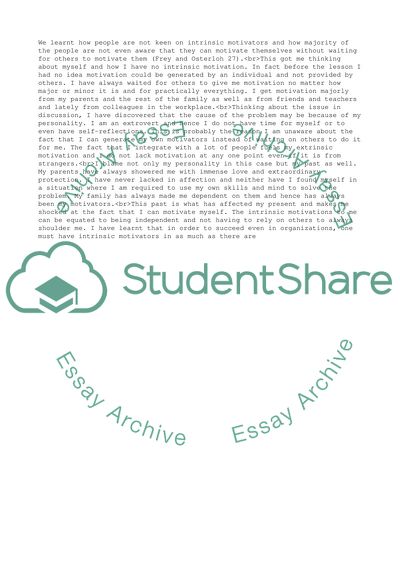Cite this document
(Reflective practice and Reflective assignment Essay, n.d.)
Reflective practice and Reflective assignment Essay. https://studentshare.org/management/1852578-reflective-practice-and-reflective-assignment
Reflective practice and Reflective assignment Essay. https://studentshare.org/management/1852578-reflective-practice-and-reflective-assignment
(Reflective Practice and Reflective Assignment Essay)
Reflective Practice and Reflective Assignment Essay. https://studentshare.org/management/1852578-reflective-practice-and-reflective-assignment.
Reflective Practice and Reflective Assignment Essay. https://studentshare.org/management/1852578-reflective-practice-and-reflective-assignment.
“Reflective Practice and Reflective Assignment Essay”. https://studentshare.org/management/1852578-reflective-practice-and-reflective-assignment.


